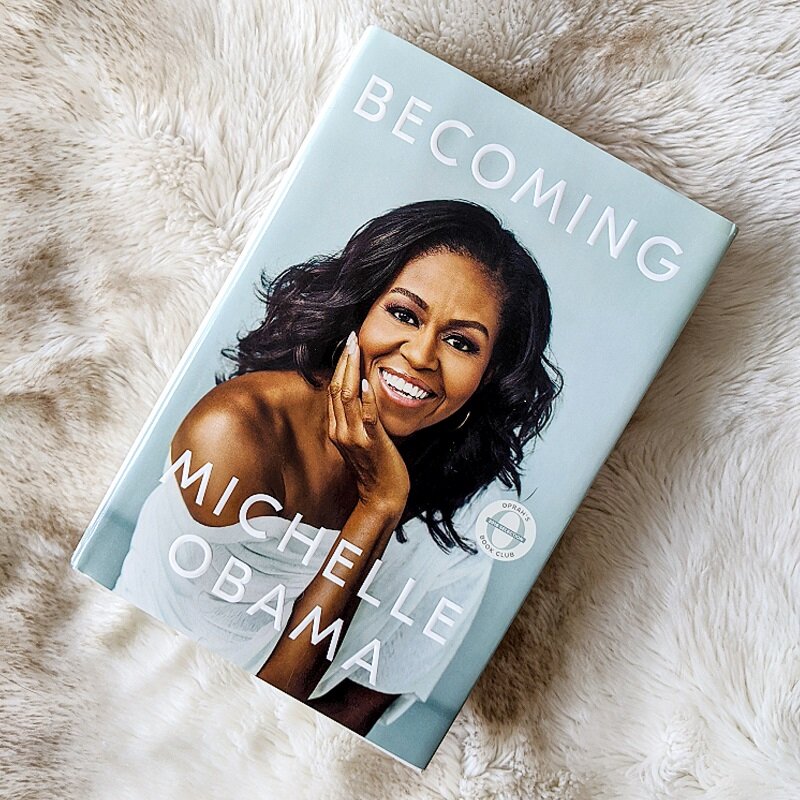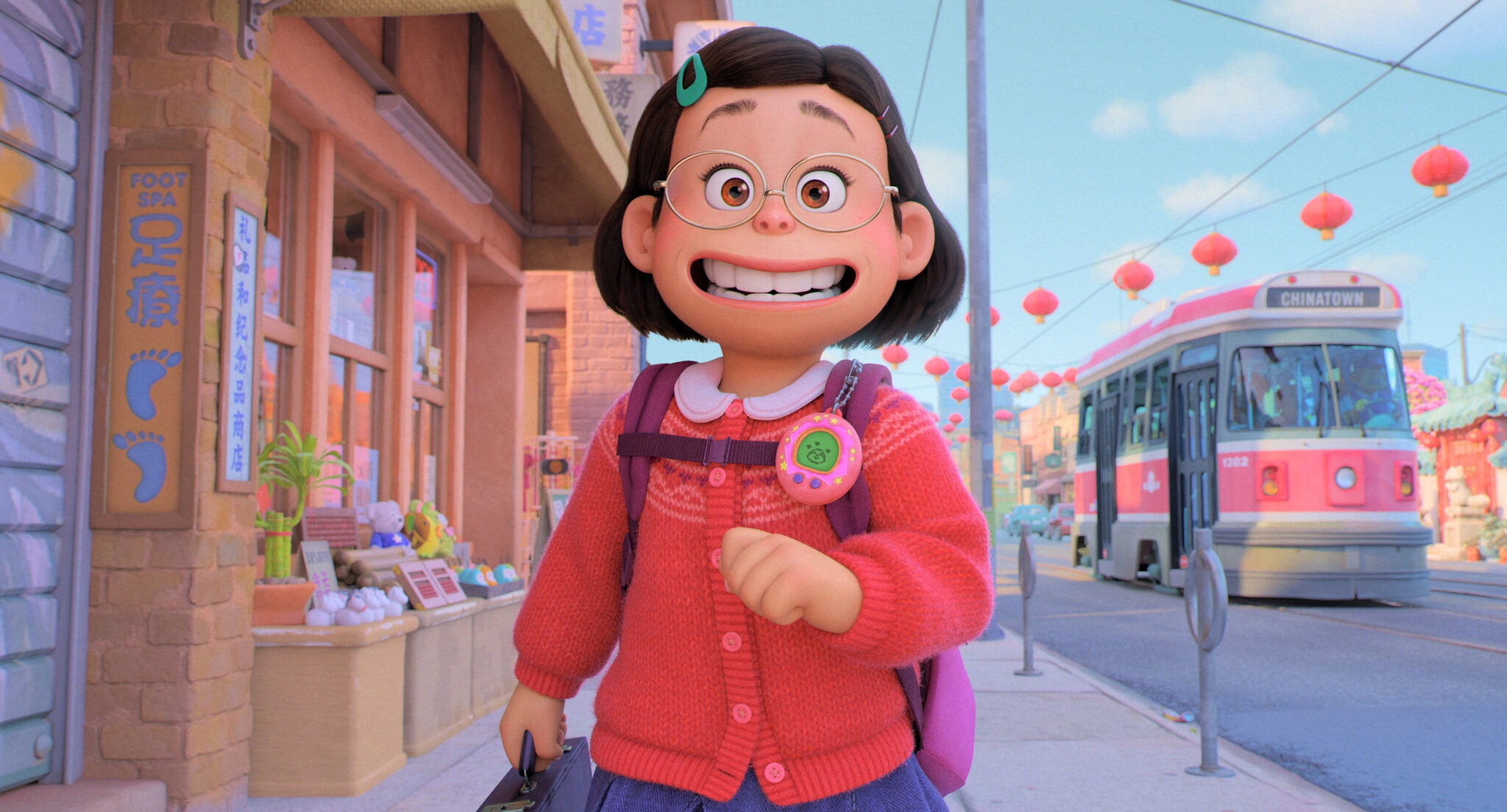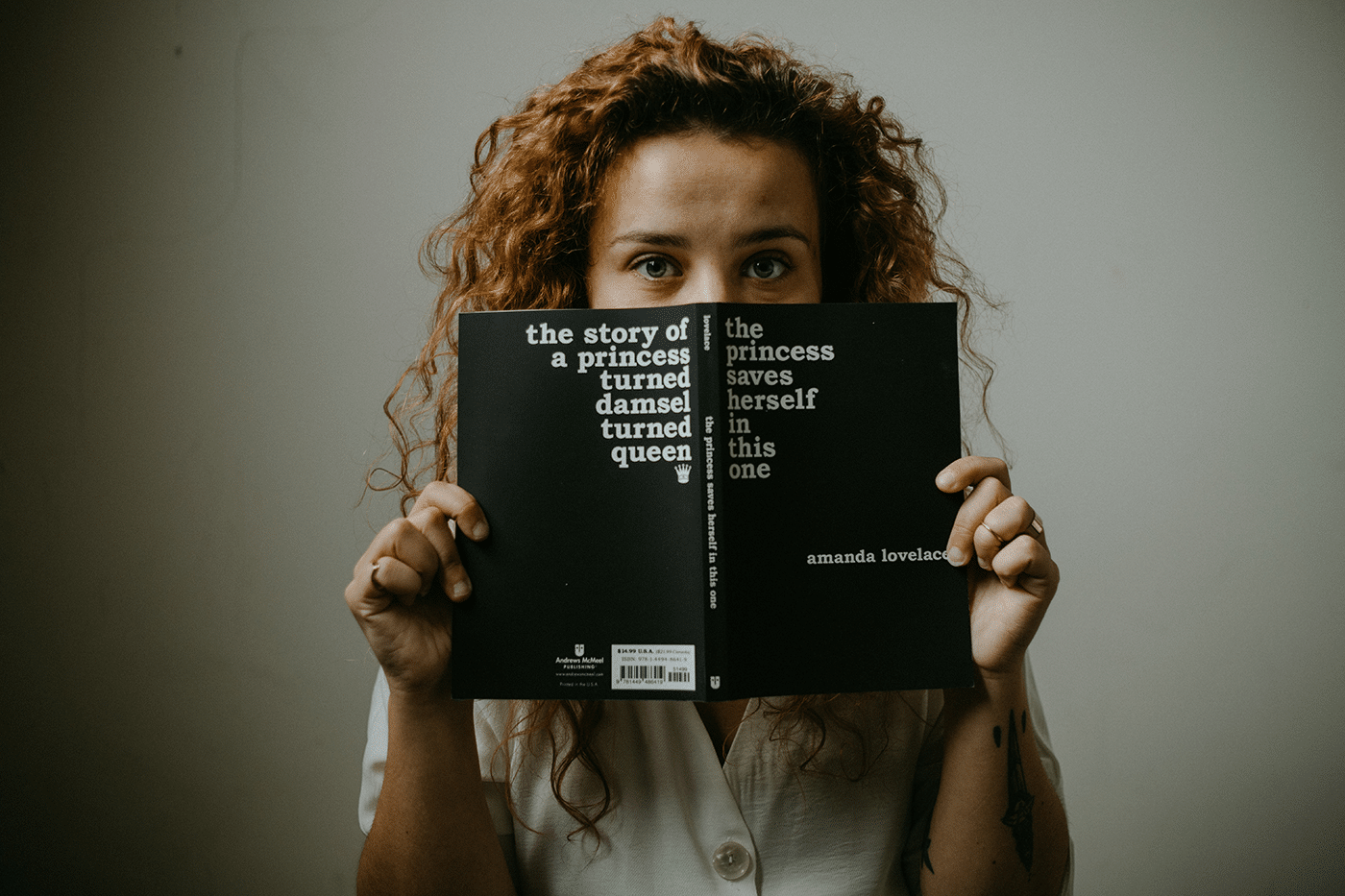
Like most of the world practicing social distancing, my nightly routine involves endlessly scrolling through various streaming platforms trying to find the one thing that I haven’t already watched. Last week was an easy sell when Netflix released Becoming on May 6th and like millions of people around the globe, and countless fans of the book, I watched it.
After watching the documentary, I was tempted to go back and reread my formerly pristine, now considerably dog-eared copy of Becoming. Michelle Obama has enough wisdom to share that benefits everyone, but some of it is particularly relevant to young women during difficult moments. Here are several nuggets of wisdom she passes on to young people that resonate during uncertain times
1. Advocate for yourself
This is a lesson that crops up early in the book and one Michelle herself learned as a young girl trying to master reading colors — not recognizing them, actually reading the words. A love of learning at an early age had given her an advantage when she started kindergarten, confident in her ability to read. She recounts a spelling test where each child in the class was asked to stand up and read out the names of colors written on manila cards — red, green, purple, orange (that’s a hard one). Michelle gets through her colors with ease until she lands on the color W-H-I-T-E which she just can’t seem to get until she sits back down. Embarrassed but determined, she practices the word at home all evening and the next day asks for a retest. Her teacher is reluctant to put her through the paces again in front of her classmates, but Michelle persists and aces the test.
Michelle Obama’s takeaway from this story is not that her classmates saw her try and succeed a second time, or that the kids at the top of the class now knew that she was smart too, but that in 1969, on the south-side of Chicago, here was a little African American girl learning early on to advocate for herself.
We know that this was not the last time Michelle Obama would have to advocate for herself, and through this little anecdote she illustrates the lesson — you don’t get what you don’t ask for. A post COVID-19 world will be different from the one we are used to. As economies head into recession, jobs will be scarcer and competition fiercer. Self-advocacy is an arrow everyone needs in their quiver now more than ever.
2. Failure is a feeling, long before it becomes an actual result
It’s hard to believe that someone with a Harvard law degree and ‘Former First Lady of the United States’ on their resume is accustomed to failure, but Michelle Obama has had her fair share of setbacks. In her senior year of high school, her college counselor recommended she explore more safety schools, dismissing her desire to go to Princeton. In the counselor’s words, Michelle was “not Princeton material.” Despite the old and familiar feelings of self-doubt that crept in at her counselor’s words, she didn’t lower her sights and went on to graduate from not just one but two Ivy League schools. Michelle goes on to describe the many amazing people she has met throughout her career and how all of them push onward with their goals, despite the noise of stadium-sized collections of critics.
As COVID-19 ravages the world’s economies, millions of people find themselves without jobs, without college admissions and maybe without a clue as to the next step. In times like these, stress compounds feelings of failure. We need to remind ourselves that the way forward is to push on with our goals, find innovative ways to help ourselves and others, ignore the constant inner drone of not good enough and come out on top.
3. Advocate for others
Michelle Obama’s first experience of this was in a poorly lit, second grade basement classroom, under the influence of a teacher who didn’t seem to care. Largely left to their own devices, the class was unruly and conveniently labeled “bad kids, mostly to absolve the teacher of the responsibility of managing them.” Michelle’s mother advocated to have her daughter moved to a better classroom with a better teacher. This was Michelle’s first of many lessons in the importance of investing in other people’s development. Years later, when she worked for the Public Allies group, Michelle encountered people from less-privileged circumstances, whose disadvantages had snowballed and held them back. Many were full of promise that needed mentoring to realize their latent potential.
Throughout her career, Michelle Obama has been an advocate of mentorship and providing role models for people, recognizing the teachers, colleagues, bosses who consistently guided her and opened doors for her. She believes that even small interactions in someone’s development has a big impact on their outcomes.
Mentoring is crucial, now more than ever. As we all try to wrap our heads around what the “new normal” will be, we need to stay connected and discover new ways of investing in each other.
4. Own your story
Michelle Obama’s ultimate advice is that your story matters. Her own story is one of nightly dinners with her family, weekends spent socializing with friends and neighbors, long drives in her father’s Buick Electra 225 — hundreds of small interactions, and decisions that led her family to the presidency and beyond. Despite being the first African American First Lady, Michelle Obama’s story is not predominantly focused on race relations in America, or class divisions or great struggle. It is a story about the relationships, friendships and mentorships, that led a middle-class African American girl from a small apartment on the South-Side of Chicago to the White House. In many ways it is the story of an “ordinary” girl that has led an extraordinary life.
If Michelle Obama’s story can be distilled into one key takeaway, it is that the interconnections and relationships you form along the way have a tremendous impact on the outcomes of your life. And that is advice worth listening to, from someone who years before anyone knew the name Obama, was a mentor to the future 44th president of the United States.






